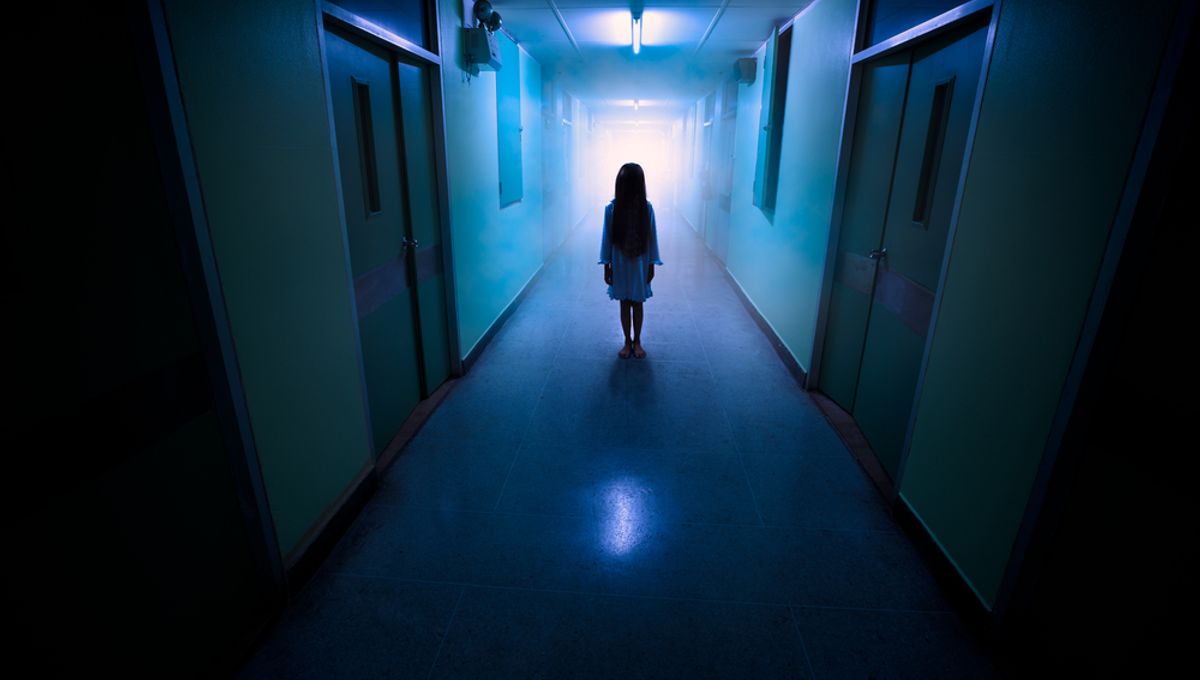
Kids who experience frequent nightmares are more likely to be diagnosed with Parkinson’s disease later in life, according to a new study. While the research shouldn’t cause parents to freak out – after all, up to 50 percent of children experience nightmares from time to time – it’s not the first time that bad dreams and cognitive decline have been linked in this way.
The study concluded that children who had persistent distressing dreams had a 76 percent increased risk of experiencing cognitive impairment by age 50, compared to the kids who didn’t report having bad dreams.
Even more startlingly, the children who had nightmares were nearly seven times more likely to develop Parkinson’s by this age.
Abidemi Otaiku, a clinical neurologist at the University of Birmingham, reached these findings by looking at data from the 1958 British Birth Cohort Study, which harvests information on all people in Britain who were born during a single week in March 1958.
In 1965 and 1969, when the participants were 7 and 11 years old, respectively, their parents were quizzed on the subject of nightmares. Otaiku then compared this data to follow-up information gathered at age 50 about cognitive impairment and Parkinson’s. In total, almost 7,000 people (50 percent male, 50 percent female) were included in the analysis.
The research didn’t look to find a causal relationship between childhood nightmares and cognitive problems in later life. In other words, another factor could directly explain why certain children will go on to develop cognitive impairment and the experiences of nightmares are merely correlated with it.
However, there is some sturdy evidence that this strange link runs deeper than you might think.
In 2022, Dr Otaiku published another study that suggested older adults who experienced frequent distressing dreams were at a higher risk of developing Parkinson’s disease.
Furthermore, having regular nightmares is linked to a gene (called PTPRJ) that’s also associated with an increased risk of developing Alzheimer’s disease in old age.
Dr Otaiku concludes his study by pondering ways in which distressing dreams may be a causal risk factor for cognitive impairment and Parkinson’s disease.
He explains how distressing dreams are known to cause disturbed sleep, which could in turn lead to the build-up of gunky proteins in the brain associated with cognitive decline. Alternatively, it’s suggested that having regular distressing dreams during early life may impact brain development and its ability to resist dementia and Parkinson’s in later life.
These explanations are not proven yet, but if further evidence backs either of them up then it raises the fascinating possibility that preventing nightmares could perhaps ward off cognitive impairment.
“Interestingly, if either of these causal hypotheses were to be confirmed, it would suggest that treating distressing dreams during childhood – or preventing them, could become a primary prevention strategy for dementia and PD [Parkinson’s disease], the paper concludes.
The new study was published in the Lancet journal eClinicalMedicine.
Source Link: Kids With Frequent Nightmares May Be At Higher Risk Of Parkinson’s Later